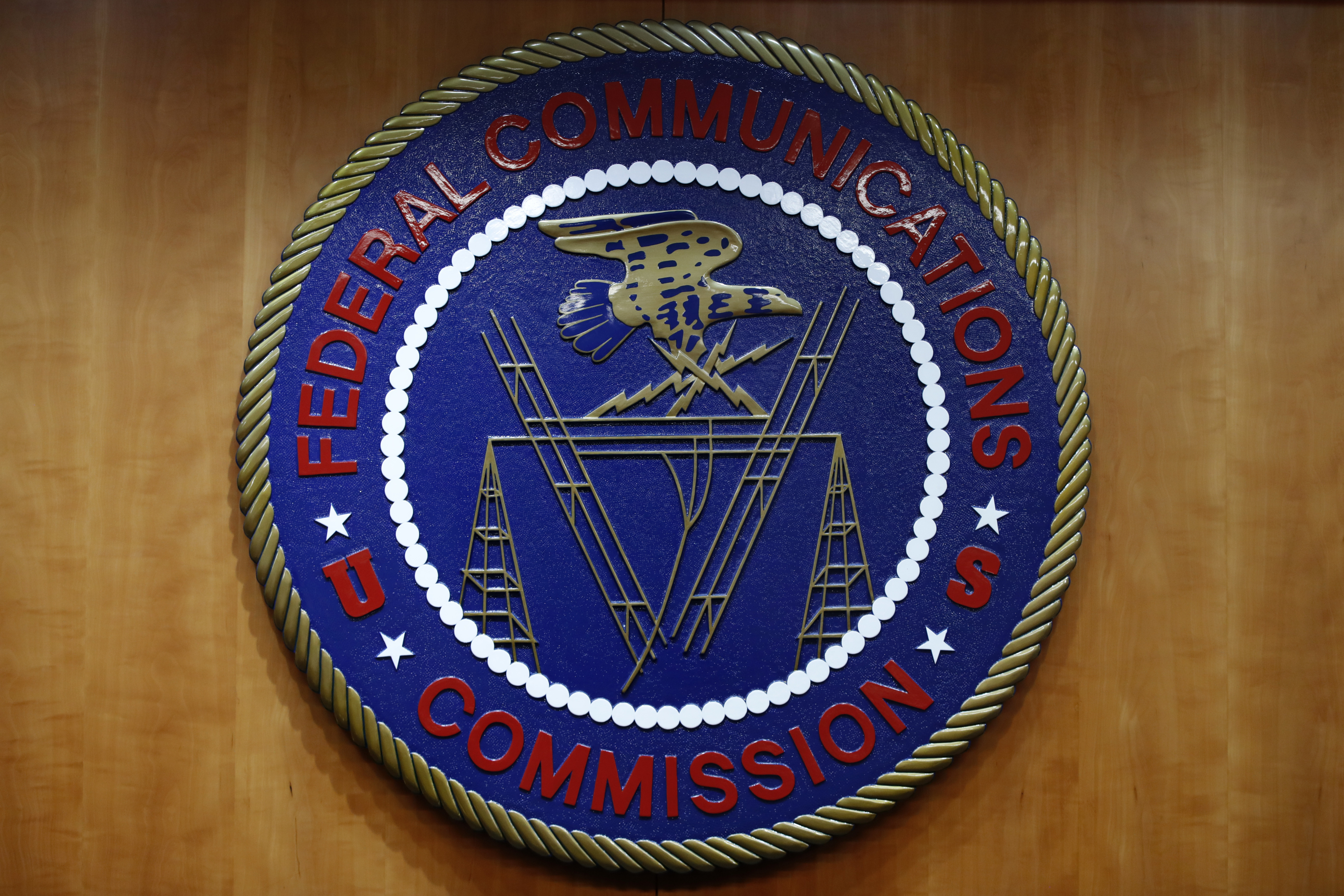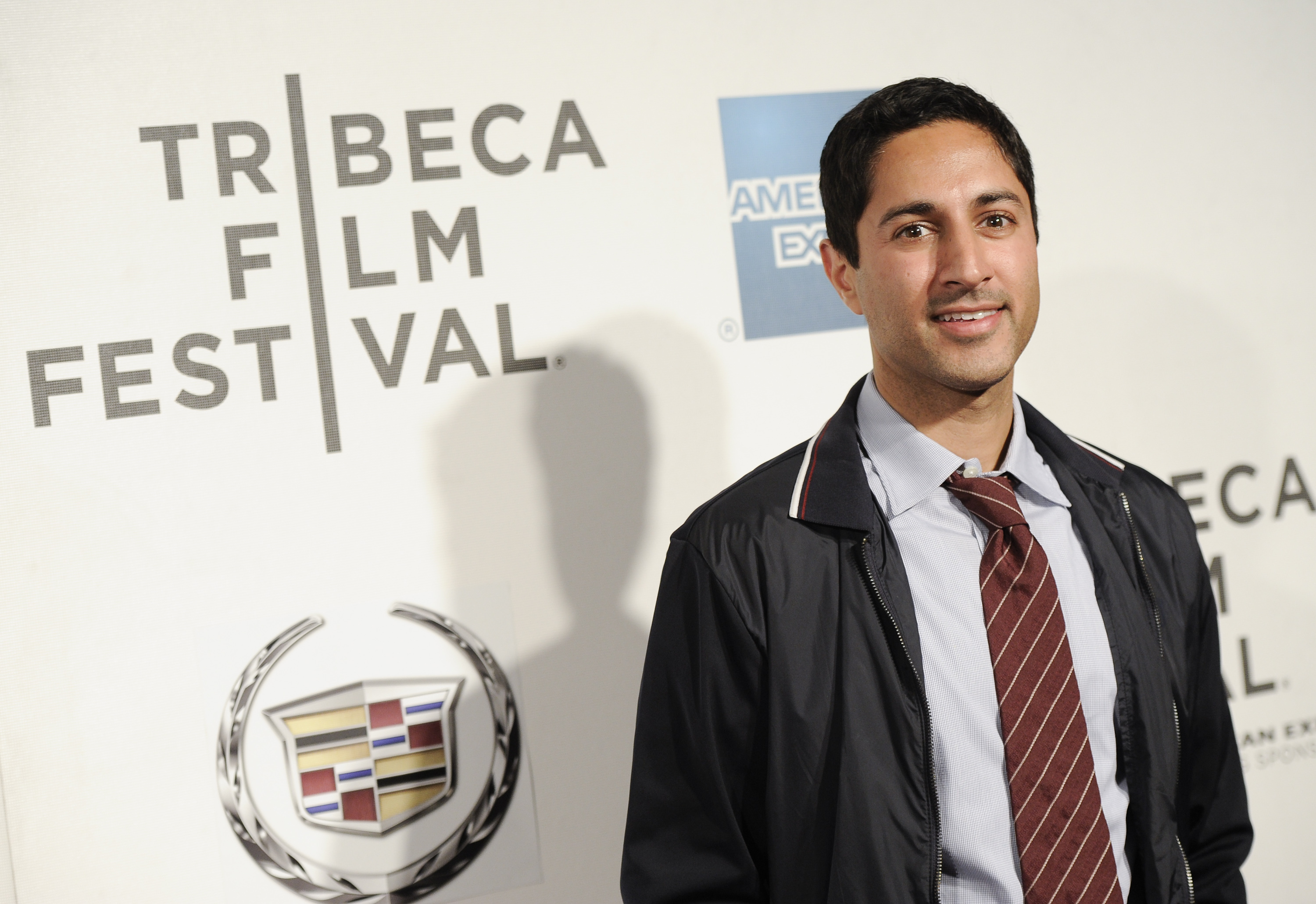Wisconsin's attorney general on Friday appealed the overturned conviction of Brendan Dassey, the man accused of helping his uncle kill a women in a case profiled in the popular Netflix series “Making a Murderer."
Republican Attorney General Brad Schimel filed a notice of appeal 7th U.S. Circuit Court of Appeals, keeping the 26-year-old Dassey behind bars, according to a release from the DOJ.
“We believe the magistrate judge’s decision that Brendan Dassey’s confession was coerced by investigators, and that no reasonable court could have concluded otherwise, is wrong on the facts and wrong on the law,” Schimel said in the release. “Two state courts carefully examined the evidence and properly concluded that Brendan Dassey’s confession to sexually assaulting and murdering Teresa Halbach with his uncle, Steven Avery, was voluntary, and the investigators did not use constitutionally impermissible tactics.”
"The Halbach family has been notified of the appeal and fully supports the State’s decision to seek justice on behalf of their daughter," he added.
Judge William E. Duffin ruled in August that investigators tricked Dassey into confessing that he helped his uncle, Steven Avery, rape and kill photographer Teresa Halbach in 2005. The judge ordered that Dassey, who was 16 at the time of the killing, be freed within 90 days unless prosecutors appealed or decided to retry him.
Dassey and Avery were sentenced to life for Halbach's murder. was killed on Halloween 2005, after she visited the Avery family's salvage yard in Manitowoc County to take pictures of a minivan. Investigators allege Avery lured her to the junkyard by asking her to take the photos.
Dassey's attorney, Steve Drizin, said he was disappointed in Schimel's decision to prolong Dassey's case by appealing.
U.S. & World
"We look forward to continuing to defend his rights in court," Drizin said. "Like Brendan, we remain grateful to his many supporters for their continued loyalty and strength."
[NATL] Top News Photos: Pope Visits Japan, and More
The Center on Wrongful Convictions of Youth legal team, based in Chicago, first took Dassey’s case to federal court in Wisconsin in 2014 in hopes that he would be granted a writ of habeas corpus, which would have forced the government to examine his case and rule whether he has been imprisoned illegally.
Avery, a Wisconsin man who was imprisoned for 18 years for sexual assault before DNA evidence exonerated him in 2003, was accused of Halbach's murder as he was suing Manitowoc County, Wisconsin, the former district attorney and the county sheriff for wrongful imprisonment, seeking $36 million in damages.
Most recently, the show's filmmakers said a juror from Avery's murder trial claims he was not proven guilty, but the juror had voted to convict him out of fear for his/her personal safety. The two filmmakers have not yet contacted other jurors to independently verify the claim, they said. NBC News has not independently verified the allegation with any jurors.
Drizin said the team investigated Dassey’s case for two years before filing an appeal in 2010. The appeal was ultimately denied by a state appellate court and the Wisconsin Supreme Court refused to hear the case.
The habeas petition was filed in federal court in the Eastern District of Wisconsin in 2014.
“We’re hopeful is what I would say,” Drizin said at the time. “The deeper you go into this system, whether it’s in the state court system or the federal court system, the harder it is to win. We’ve won cases in federal court before and we’re hoping that this is another one that we’ll win.”
Drizin said the petition focused largely on Dassey’s original public defender, Len Kachinsky, who was ultimately removed from the case.
“A lot of our appeal has to do with the actions that Brendan’s original attorney Len Kachinsky took, which demonstrated his disloyalty to Brendan and his willingness to work with the prosecution to try to get Brendan to plead guilty and testify against Steven Avery,” Drizin said.
He also maintains that Dassey’s confession was coerced “by [investigators] feeding him facts.”
“To me, this case is a classic example of how not to interrogate juvenile suspects and the tactics that were used during Brendan’s interrogation are a recipe for false confessions,” he said.
In a brief filed last year, the state argued Dassey failed to show that the appeals court’s decision was unreasonable.
“[Investigators] merely stated, in calm tones, that they ‘already knew’ what happened and allowed Dassey to confess that he had raped Halbach, and was involved in her murder,” the brief reads. “Dassey’s confession was not coerced, and the state court’s decision on Dassey’s voluntariness claim did not involve an unreasonable application of clearly established Federal law.”
Former Calamut County District Attorney Ken Kratz, who prosecuted Dassey and Avery, recently told People magazine that he has "a great bit of sympathy" for Dassey, who he said "never would have been involved in this except for his uncle."
Dassey would have been out sooner if he had taken a plea bargain, Kratz said.
Drizin said while “Making a Murderer” has put Dassey’s case in the national spotlight, he didn't believe it would have an impact on the judge’s decision.
“I don’t think that the Netflix movie is going to influence a federal judge, but at the same time, judges are human beings and the Netflix film has created a context for Brendan’s case that didn’t exist at the time of his trial or his appeals,” he said.



